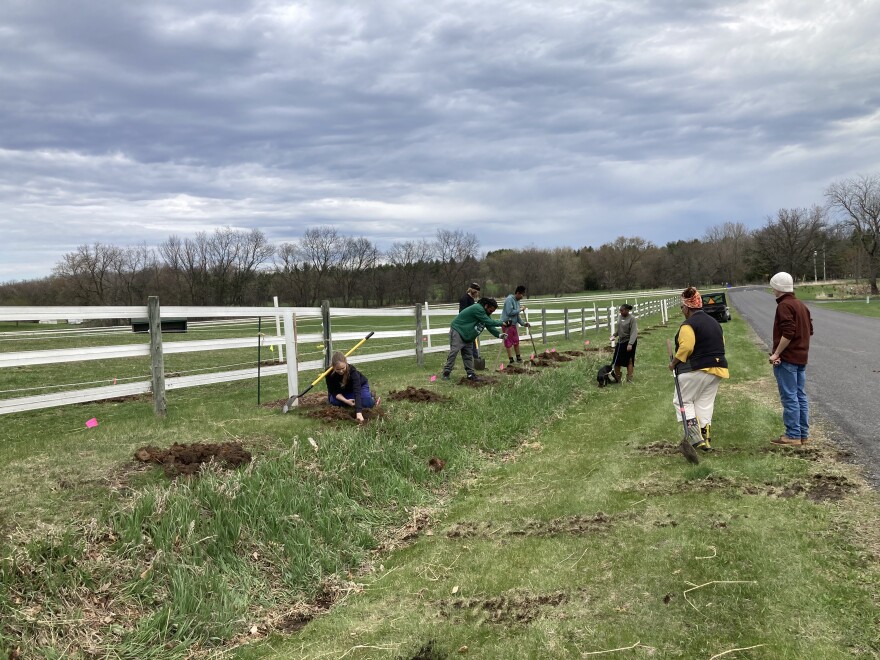A Wisconsin nonprofit is working with farmers in Southeast Wisconsin to educate communities about the importance of agroforestry, with plans to establish its first urban site in Milwaukee.
The Michael Fields Agricultural Institute has planted more than 400 trees across three sites this year, in partnership with the Savannah Institute. The sites include a community garden and two farms.
Iris Lee, owner of Lee Hemp Farms in Burlington, said agroforestry collaboration is breathing life back into her nearly 50-year-old organic family farm.
"You plant and design things that go together," Lee explained. "That will help not only humans but the animals and nature and bugs."
Agroforestry integrates trees, shrubs and perennial plants into crop and livestock systems. Lee noted one of the project's goals is to raise awareness of the practices and their larger connection to food systems, climate change and communities. The sites will also be used for educational demonstrations.
Community members and project participants helped Lee plant a trail of more than 100 trees in April, from hazelnut and elderberry, to Juneberry and pawpaw trees. They have already grown two to three feet, and she anticipates the berry trees will yield results first. Lee added she even loves talking to her trees and emphasized the physical and mental health benefits of agroforestry.
"Growing something is therapeutic," Lee observed. "To be one with nature -- meaning you know where things come from that you put in your body -- anybody that is concerned about the food and their health, to grow something is to build upon a better human being."
Nolan Burkard, research technician for the nonprofit Michael Fields Agricultural Institute, said diversifying food systems in this way is a growing area of interest for small farmers. Through agroforestry, they can also improve soil health and local climate resilience.
Burkard emphasized it requires long-term investment to get there.
"It takes quite a while for trees to grow up and start fruiting or provide their benefit," Burkard acknowledged. "That's why this project is so important because it is such an investment to plant trees."
Burkard added the institute is accepting applications until July 26 for an urban site in Milwaukee. The selected site will receive $15,000 and planning support to aid in designing it.






